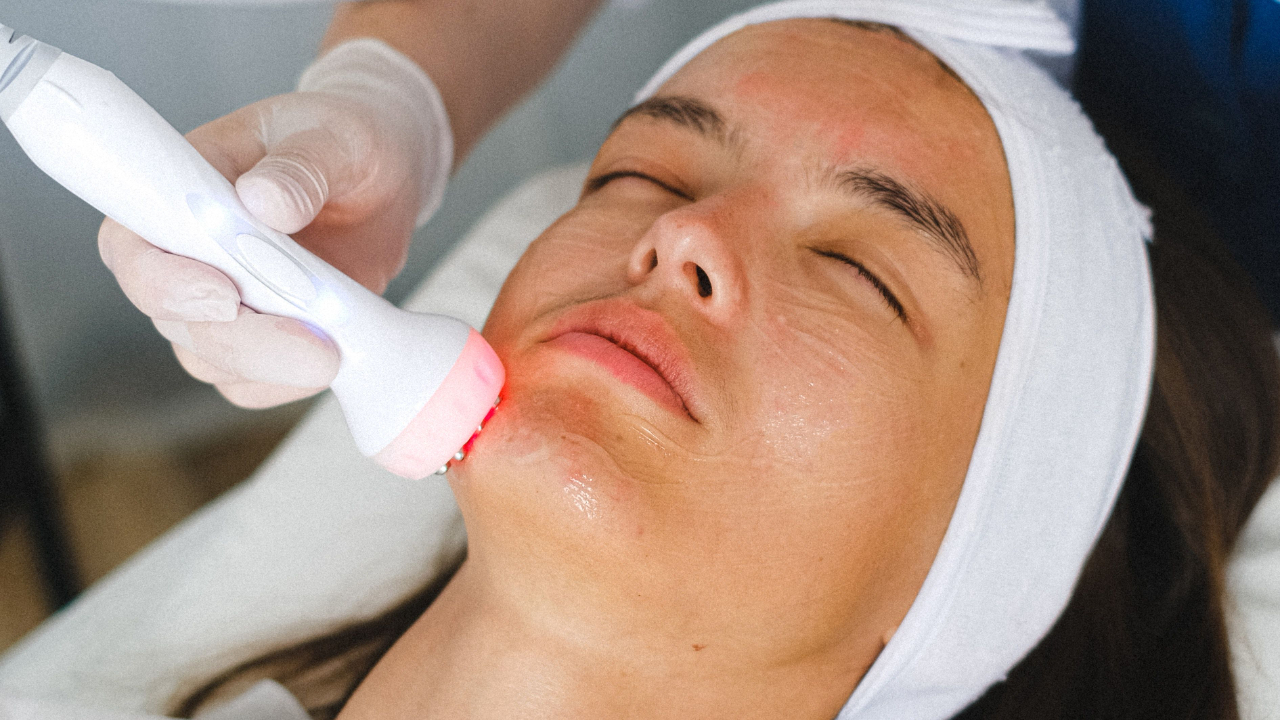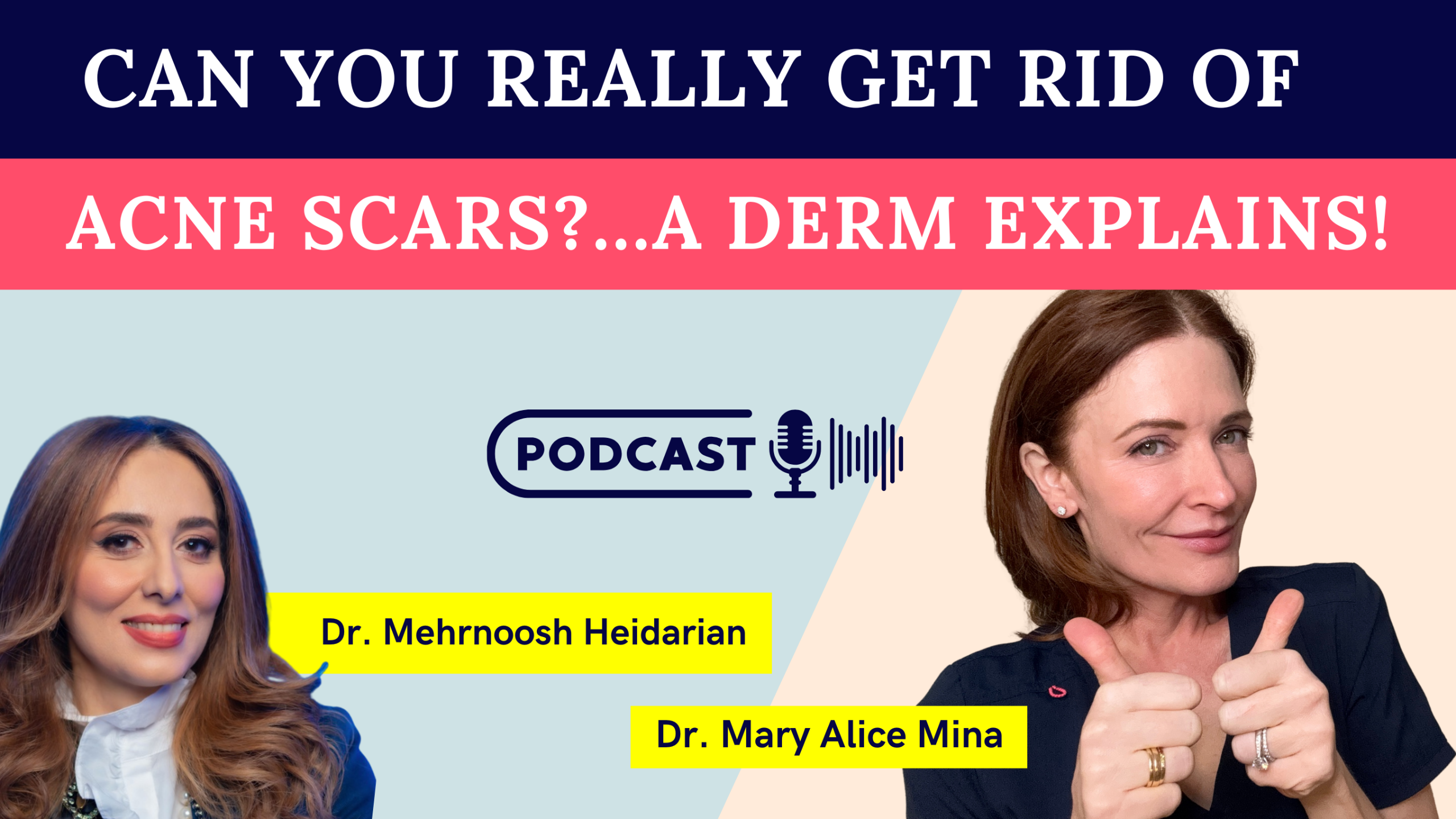Dermatologists are real skin experts. Here's why.
Jul 31, 2022
There are lots of places on the internet where you can find skincare advice, from instagram, to TikTok, to Twitter. But after all is said and done, dermatologists are TRUE skincare experts, and the most reliable source you can get when you are trying to find answers to your skincare worries and woes.
Dermatologists are medical doctors (either MD or DO).
They complete 4 years of medical school after college. Medical school is an extremely intense 4 years of learning the basic science and background information on a broad range of subjects, including physiology, anatomy, pharmacology, neuroscience, and microbiology. Basically, those 4 years are spent learning how the body works.

Photo Credit: Luis Melendez (Unsplash)
At the end of medical school, as a med student, you will choose which area of medicine you would like to specialize in.
A computer program ‘matches’ you to a program that has ranked you highly. You open an envelope to learn what your fate for the next several years will look like. It's kind of like going to Hogwarts and sitting under the Hogwarts Sorting Hat!
For dermatology applicants, there are more candidates than residency spots, so if you get matched into a dermatology program, you have already made a huge achievement. Dermatology programs are closely regulated by the Accreditation Council of Graduate Medical Education (ACGME) to make sure that all programs follow a standardized program for optimal, high-value learning.
At the end of medical school, you can now say that you are a doctor, because now you have your MD or DO diploma!
Before beginning residency, you must complete an internship year in either medicine, surgery or pediatrics.
After your internship year, you can finally begin your dermatology training. Here you will spend 3 years and between 12,000 and 16,000 hours dealing with patients directly; not shadowing or observing. Actual hands-on, in-the-trenches learning! The skin is the largest organ and there are over 3,000 classified skin diseases so there’s a lot to learn.
Dermatology residents spend 3 years learning:
- medical dermatology, surgery and cosmetics
- pediatrics
- dermatopathology (looking at the skin under the microscope)
- phototherapy
- photopheresis
and so much more!

Photo Credit: Kimberley Farmer (Unsplash)
It’s a very busy 3 years, but a lot of fun.
Some dermatology residents will then complete a fellowship year getting subspecialty training in fields such as Mohs surgery, pediatrics, lasers, or dermatopathology.
So, that's
- 8+ years of training AFTER college
- 3 national USMLE board exams
- 1 dermatology board exam
- AND a fellowship board examination (if applicable).
Now, a dermatologist will have finally earned the title of ‘BOARD CERTIFIED DERMATOLOGIST'!
So, how do you know if the person giving you skincare advice really knows what they're talking about? Look for the initials F.A.A.D after your doctor’s name. This shows that they are a board-certified dermatologist. This matters because it lets you know that your doctor has been expertly trained in recognizing and treating skin conditions, as well as cosmetic and aesthetic training.
Check out the American Academy of Dermatology’s Find-a-Derm to find a board-certified dermatologist in your area.
So, quick recap!
Dermatologists are THE skincare experts because:
-
We complete 12+ years of training before we can call ourselves experts.
-
We are board certified by an external body of people who regulate the field of dermatology in medicine.
-
We are trained to recognize, treat, and manage over 3,000 different skin conditions.
- We have dedicated our lives to becoming experts in our field.






